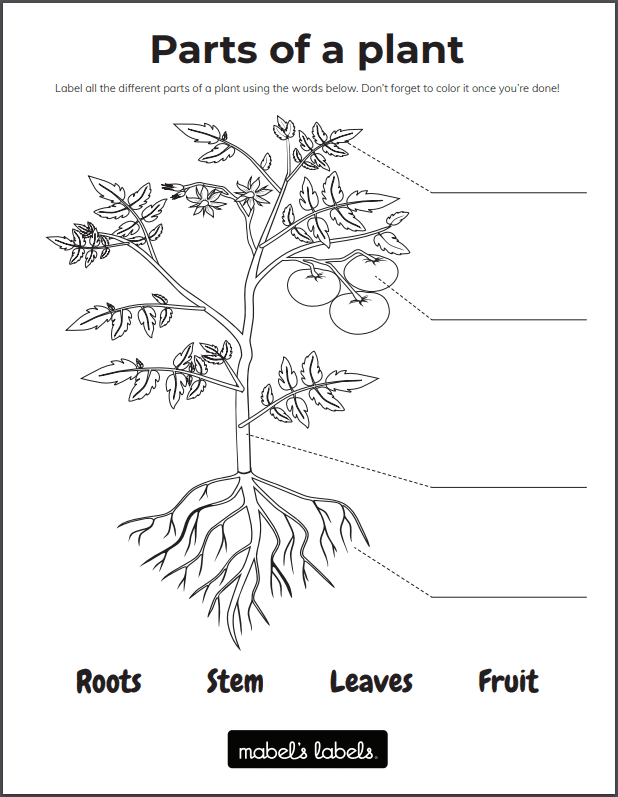Gardening is a wonderful way for preschoolers to learn about nature, science, and responsibility. It teaches them valuable life skills while allowing them to connect with the outdoors. One fun and educational tool to use with preschoolers is a gardening worksheet. These worksheets can help children learn about plants, flowers, and the environment in a hands-on and engaging way.
One popular gardening worksheet for preschool is a plant life cycle worksheet. This worksheet allows children to learn about the different stages of a plant’s life, from seed to flower. They can color in pictures of each stage and label them, helping them understand the concept of growth and development in plants. This hands-on activity is not only educational but also fosters creativity and fine motor skills.
Another fun gardening worksheet for preschoolers is a flower identification worksheet. This worksheet features different types of flowers for children to identify and color. It can help them learn about the variety of flowers that exist in nature and appreciate the beauty of each one. Additionally, this worksheet can be a great tool for teaching children about the importance of flowers for pollinators and the environment.
One more engaging gardening worksheet for preschool is a garden planning worksheet. This worksheet allows children to plan their own garden by choosing which plants they would like to grow, where to plant them, and how to care for them. It teaches them about the basics of gardening, such as sunlight, water, and soil, while encouraging them to take responsibility for their plants. This activity can instill a sense of pride and accomplishment in preschoolers as they watch their garden grow.
In conclusion, gardening worksheets for preschool are a valuable tool for teaching young children about nature, plants, and the environment. They provide hands-on activities that are both educational and fun, helping children develop important skills and knowledge. By incorporating gardening worksheets into preschool curriculum, educators can inspire a love for nature and gardening in young minds, fostering a lifelong appreciation for the world around them.
